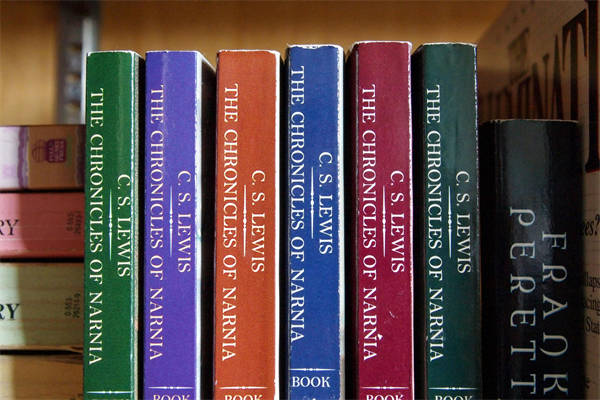What Does "RP" Mean in British English Pronunciation?

Introduction to the Concept of RP
In British English, "RP" stands for Received Pronunciation, which is also known as the Queen's English or BBC English. It is a standardized form of British English pronunciation that is considered to be the most formal and standard of all the varieties of British English. RP is often used in broadcasting, literature, and educational contexts. Understanding what RP means and how it differs from other British accents can be quite beneficial for those who are learning English or are interested in the nuances of the language.
Frequently Asked Questions About RP
What is the origin of RP?
RP has its roots in the English spoken by the upper class in London during the 18th and 19th centuries. It was formalized as a standard by the Public Schools and later by the BBC, which adopted it as the standard accent for broadcasting.
How does RP differ from other British accents?
RP is characterized by its clear and distinctive vowel sounds, such as the "tr" in "trap" and "dr" in "draw." It also uses a more formal set of intonation patterns and stress. Unlike Cockney or Scottish accents, RP does not feature distinctive vowel sounds like the "a" in "cat" or the "o" in "cot."
Is RP still used today?
Yes, RP is still used today, particularly in formal situations such as broadcasting, education, and legal proceedings. However, with the increasing diversity of English accents in the UK, other accents like Estuary English have gained popularity.
Why is RP important for English learners?
Learning RP can help English learners to achieve a high level of fluency and clarity in their pronunciation. It is also useful for those who need to communicate in formal or professional settings, as RP is often associated with authority and formality.


.png)
.png)
.png)